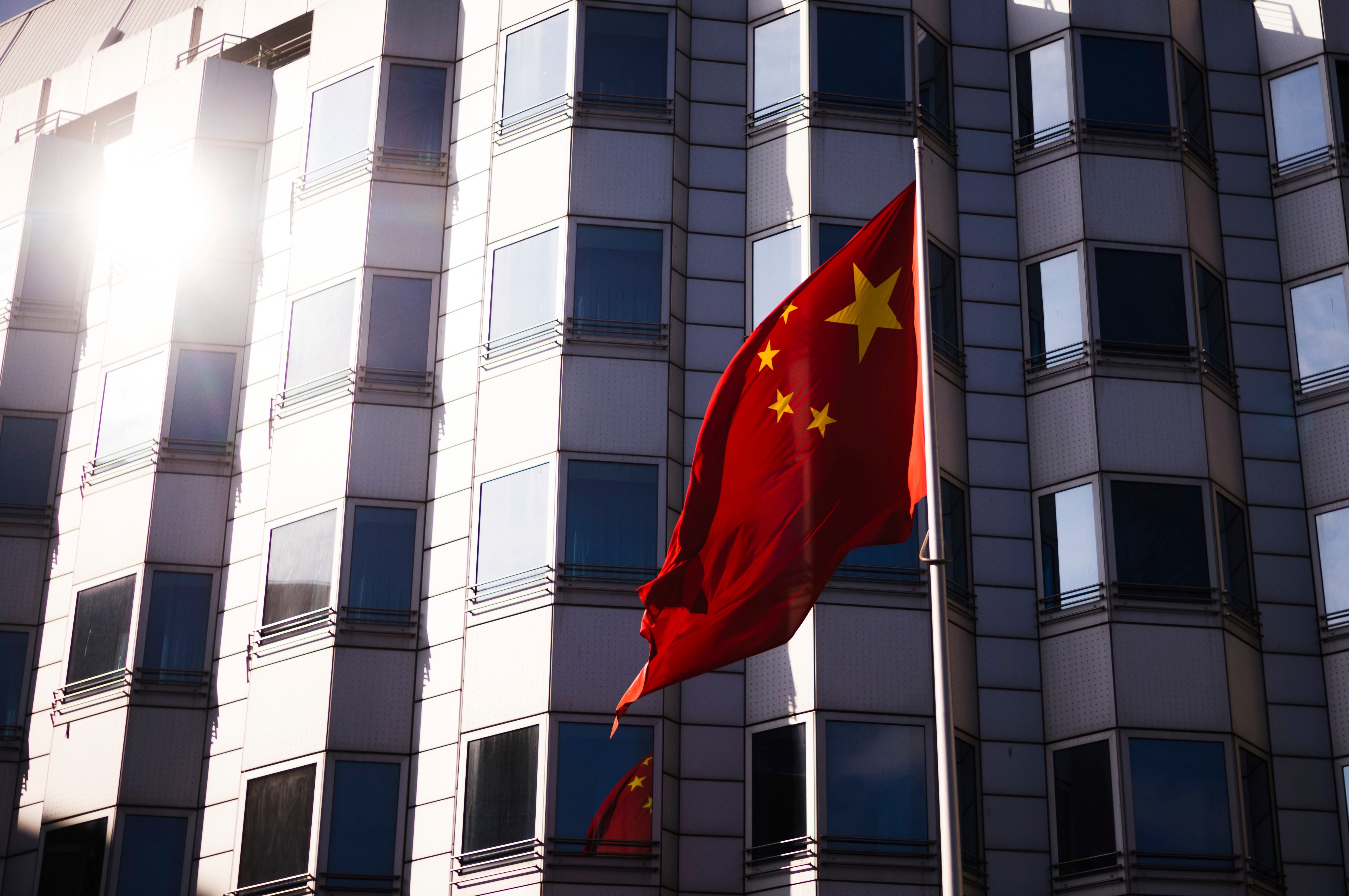Germany says China was behind a 2021 cyberattack on a government agency and summons its ambassador
Officials in Berlin say an investigation has determined that “Chinese state actors” were responsible for a 2021 cyberattack on Germany’s national office for cartography

Your support helps us to tell the story
From reproductive rights to climate change to Big Tech, The Independent is on the ground when the story is developing. Whether it's investigating the financials of Elon Musk's pro-Trump PAC or producing our latest documentary, 'The A Word', which shines a light on the American women fighting for reproductive rights, we know how important it is to parse out the facts from the messaging.
At such a critical moment in US history, we need reporters on the ground. Your donation allows us to keep sending journalists to speak to both sides of the story.
The Independent is trusted by Americans across the entire political spectrum. And unlike many other quality news outlets, we choose not to lock Americans out of our reporting and analysis with paywalls. We believe quality journalism should be available to everyone, paid for by those who can afford it.
Your support makes all the difference.An investigation has determined that “Chinese state actors" were responsible for a 2021 cyberattack on Germany's national office for cartography, officials in Berlin said Wednesday. The Chinese ambassador was summoned to the Foreign Ministry for a protest for the first time in decades.
Foreign Ministry spokesperson Sebastian Fischer said the German government has “reliable information from our intelligence services” about the source of the attack on the Federal Agency for Cartography and Geodesy, which he said was carried out “for the purpose of espionage.”
“This serious cyberattack on a federal agency shows how big the danger is from Chinese cyberattacks and spying,” Interior Minister Nancy Faeser said in a statement. “We call on China to refrain from and prevent such cyberattacks. These cyberattacks threaten the digital sovereignty of Germany and Europe.”
Fischer declined to elaborate on who exactly in China was responsible. He said a Chinese ambassador was last summoned to the German Foreign Ministry in 1989 after the Tiananmen Square crackdown.
Germany's attribution of the cyberattack is the latest case to reflect increasing tensions between Berlin and Beijing about potential security risks posed by China.
In April, three people were arrested in Germany on suspicion of spying for China and arranging to transfer information on technology with potential military uses. And an assistant to a prominent German far-right lawmaker in the European Parliament was arrested on suspicion of spying for China.
Three weeks ago, Germany said it will bar the use of critical components made by Chinese companies Huawei and ZTE in core parts of the country’s 5G networks in two steps starting in 2026.
German Chancellor Olaf Scholz’s government last year drew up a strategy for relations with China that refers to a “systemic rivalry” with the Asian power and a need to reduce risks of economic dependency, but highlights Berlin’s desire to work with Beijing on challenges such as climate change and maintain trade ties. The strategy drew criticism from Beijing.
In the 2021 case, the Interior Ministry said that part of the cartography agency's network was compromised but further malware wasn't found. It said the attacker was successfully kicked out of the network, and the agency — which provides official geodata for Germany — undertook a series of measures to improve its IT security.